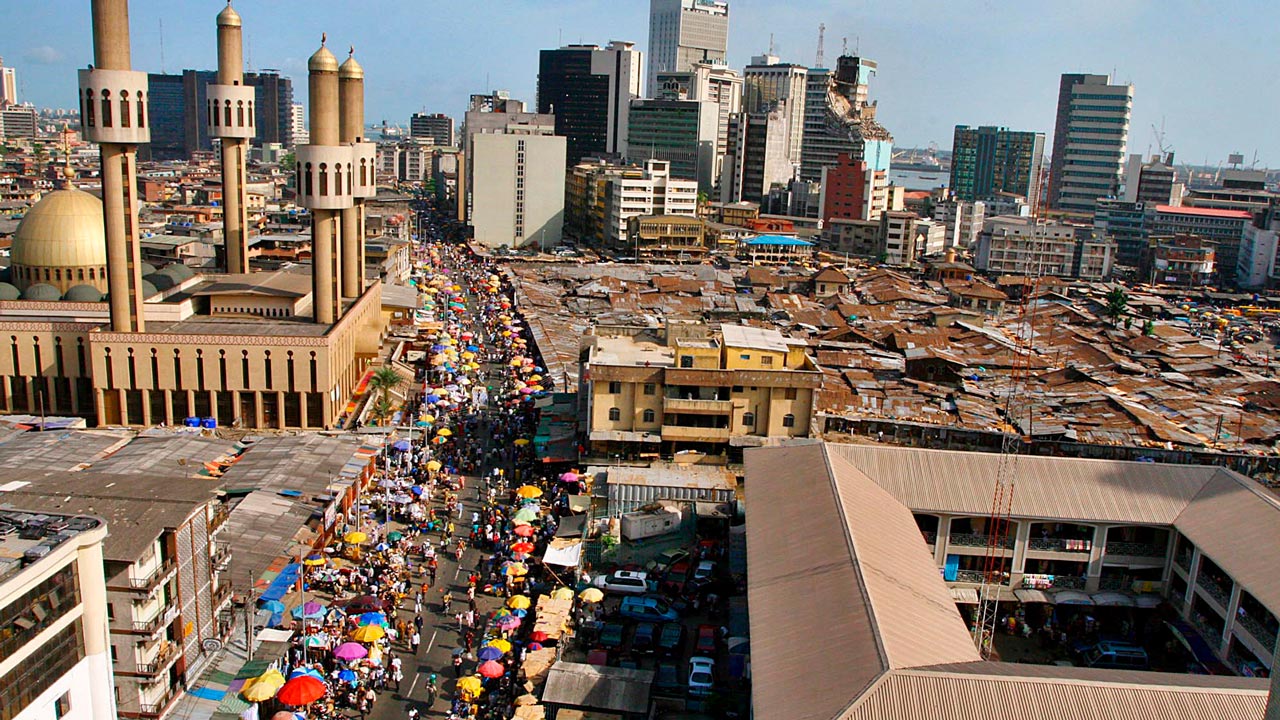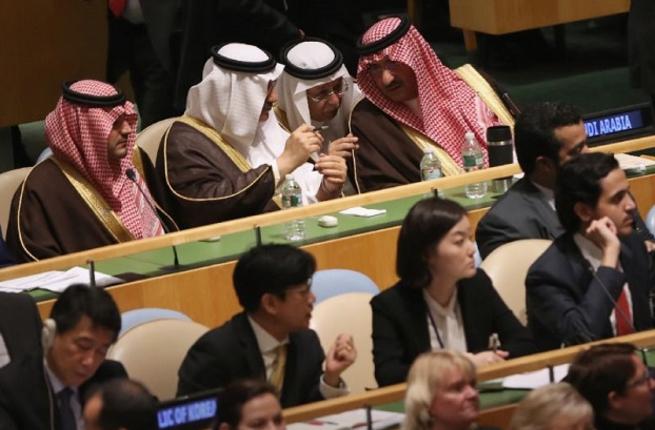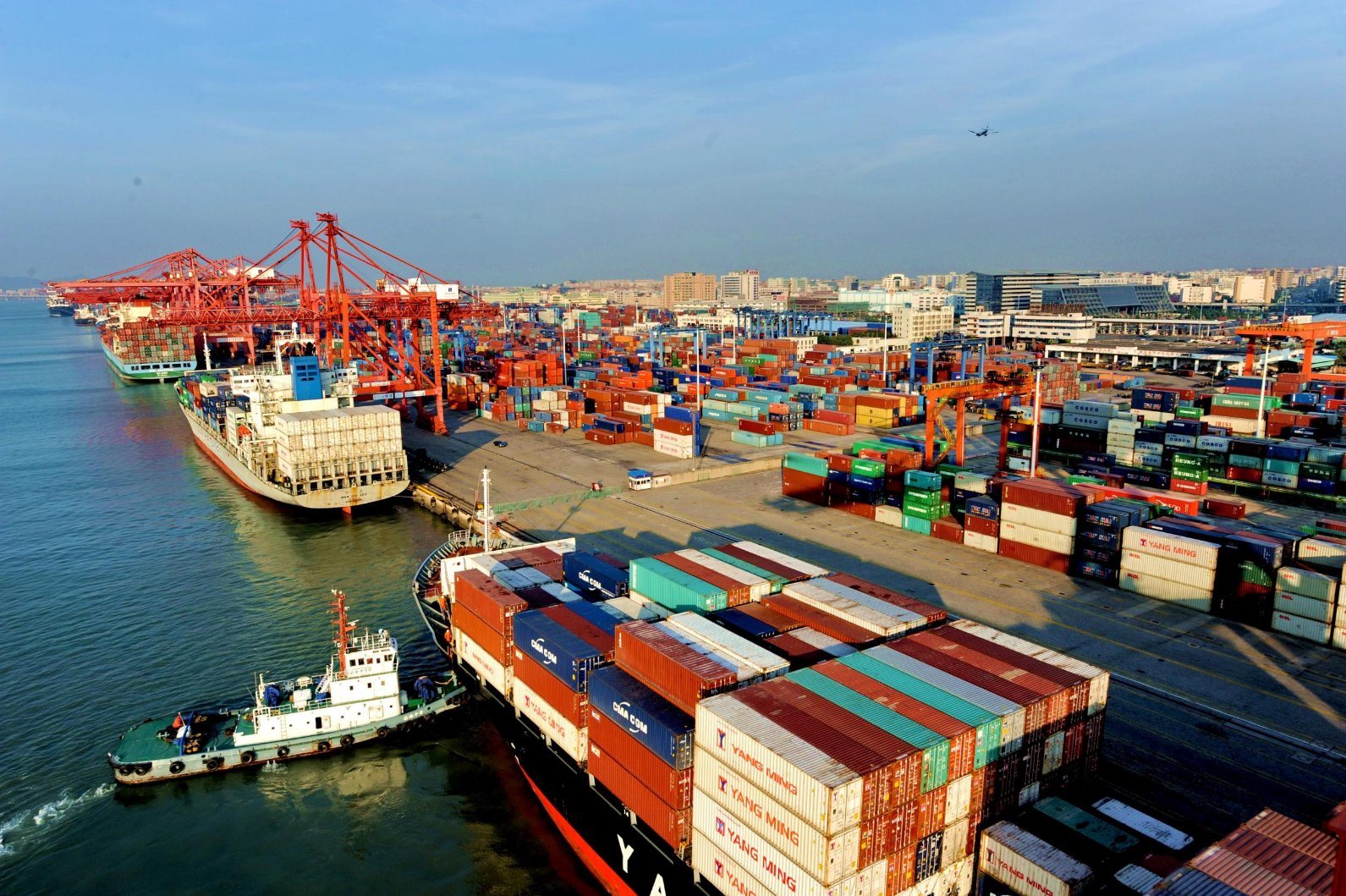Imperative of increasing manufacturing sector’s contribution to GDP: Analysis
Share

For the Federal Government, economic experts and even ordinary Nigerians, there is a yearning for a robust manufacturing sector that will drive the country’s economic growth and development.
But for that to become a reality, the contribution of the manufacturing sector, which the National Bureau of Statistics (NBS) said stood 8.84 per cent as at third quarter of 2018, must rise substantially.
Experts opine that for Nigeria to be relevant in today’s dynamic world, it must have a GDP tending towards a trillion dollars, with the manufacturing sector contributing at least 20 per cent.
Even that is by far short of the 46 per cent average contribution of the manufacturing sector to GDP in most emerging economies and developed countries.
The Manufacturers Association of Nigeria (MAN) is worried that the sector that should propel job creation, productivity and economic growth is encumbered with a series of challenges.
Experts said although the Nigerian economy grew by 1.81 per cent year-on-year in the third quarter of 2018, concerted efforts must be made to enhance manufacturing sector’s growth and encourage new investments.
Engr Ahmed Mansur, President, MAN, noted that the economy could not grow sustainably without a strong and competitive productive sector, saying that the manufacturing sector was the engine of economic diversification and growth.
Mansur said a robust manufacturing sector should be based on coherent and coordinated efforts resulting from close collaboration between government and manufacturers.
He noted that efforts should be geared to solving the electricity supply challenge of the country, which represented a formidable problem to manufacturers.
Mansur stressed the need to review and strengthen agricultural policies, saying agriculture and manufacturing, through agro-allied industries, have huge potential for backward integration and job creation.
Also, Dr. John Isemede, United Nations Industrial Development Organisation (UNIDO) Consultant, said Nigeria should emulate China’s industrialisation drive which moved over 250 million people out of poverty and unemployment within 20 years.
Isemede, who was the former Director-General of Nigeria Association of Chambers of Commerce, Industry, Mines and Agriculture (NACCIMA), said only manufacturing could provide sustainable mass jobs and living wages.
He said if the government created the enabling environment, the manufacturing sector would generate adequate revenues for government to provide the needed infrastructure for development.
Experts insist the contribution of manufacturing to GDP and employment would have to increase significantly to provide quality jobs to the teeming unemployed in the country, which grew from 18.8 per cent in third quarter of 2017 to 23.1 per cent in 2018.
To accelerate the development of the manufacturing sector, the federal government introduced the Economic Recovery and Growth Plan (ERGP) to make the economy competitive and build a virile industrialised nation.
The goal of ERGP is to pursue manufacturing promotion policies that would enable the sector contribute 20 per cent to GDP and achieve a target of two million jobs by 2020.
In spite of the lofty objectives of the ERGP of channeling more funds to priority sectors of the economy, credit to the manufacturing sector has been declining.
Mr Muda Yusuf, Director-General, Lagos Chamber of Commerce and Industry (LCCI), noted that access to and cost of funds remained a big issue for many domestic investors.
“With commercial bank lending rate at between 20 to 35 per cent, the private sector, especially the SMEs could not successfully access funds for their businesses.
“We note the efforts of government through CBN and Bank of Industry (BOI) to extend intervention funds to business owners particularly SMEs, however, there are still pockets of issues with access to funds,” he said.
Yusuf said to spur growth in the manufacturing sector, access to credit at below 10 per cent should be made readily available and disbursements of approved loans by banks to customers should be fast tracked.
Indeed, there is no shortage of efforts by the Federal Government to rev the manufacturing sector.
For instance, on May 18, 2017, President Muhammadu Buhari signed three Executive Orders to promote transparency and efficiency in the business environment, support local contents in public procurement and to improve the budget process.
These orders were meant to help in the recovery of many factories and to boost productivity in the manufacturing sector.
However, the orders are yet to translate to tangible benefits as there are several complaints as regards compliance with the directives by government agencies.
Mr Hamma Kwajaffa, Director-General, Nigerian Textile Manufacturers Association (NTMA), said many manufacturers had a lot of unsold inventories due to lack of compliance of Ministries, Departments and Agencies (MDAs) to the Executive Order on patronage of locally produced goods.
Kwajaffa said timelines on budget process should be strictly adhered to in order not to slow down economic activities, adding that government should work toward changing the belief that government policies are not meant to be implemented.
Mr Babatunde Ruwase, President, LCCI, commended the government for improving the business environment, but noted that government should expedite action to implement ease of doing business at the nation’s ports.
Ruwase said the delay and traffic congestion at the ports resulted in high demurrage, disruption of production schedules of manufacturers as raw materials were not delivered to factories in good time.
According to him, this has led to an astronomical increase in cost of transporting goods by truck from 200 per cent to 500 per cent over the last two years.
He stressed that the political will, active enforcement and monitoring framework from the Presidency to the MDAs were the most essential enablers for present port reforms to succeed and be sustained.
Industry experts also proposed the need to convert the nation’s huge resources into competitiveness, bridge its huge infrastructure gaps, particularly power, road and rail networks across the country.
They also expect the government to improve the business environment, reduce corporate tax to 20 per cent and harmonise monetary, fiscal, trade and industrial policies, eradicate multiple tax, reduce smuggling, substandard and counterfeiting of products and strengthen regulatory bodies.
Does the Federal Government have the will to diligently implement these measures?Perhaps, then, the manufacturing sector would be revived and make an appreciable contribution to GDP. (NAN)




















